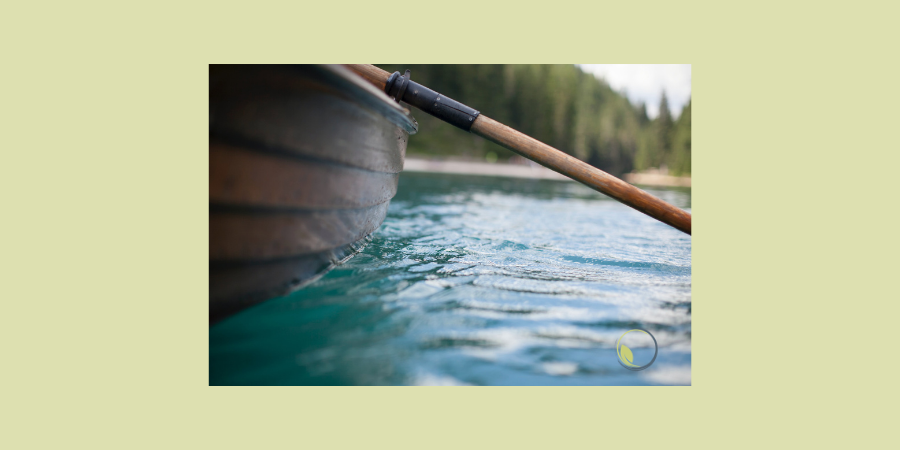If we had all of the time in the world, we might go boating without OARS. But as helping professionals, we have limited time AND our goal is to work with people to support change. So we gotta have some tools to guide the conversation!
In Motivational Interviewing, OARS skills are used to guide conversation. We are metaphorically ‘rowing’ toward change with our OARS.
This is the third message in a 4-part series on OARS! Click here to read the first two posts on Open-ended questions & Affirmations.
This week we’re doing a deeper dive into Reflections. Reflections are THE most commonly used skill in Motivational Interviewing. You may have heard me say,
“When in doubt, REFLECT!”
Reflections are statements that provide a mirror to the client. Reflections demonstrate active listening, build empathy and engagement, and help the client expand awareness.
In Motivational Interviewing, there are simple reflections and complex reflections. A simple reflection is a same-level restatement. A client says, “I don’t know how much longer I can take the stress of COVID,” and you reflect, “You’re not sure how much longer you can take it.”
A complex reflection adds depth, meaning or emphasis to the client’s statement. For instance with the above statement, a complex reflection might be “You have been holding on by your fingernails for so long, you’re afraid the fall is coming.” Or, “You are in desperate need of respite right now.” (Aren’t you?!)
A good complex reflection helps a client feel understood, gain a better understanding of what they mean, and gain willingness to dive deeper on the topic of change. Reflections continue and guide the conversation toward change. Learning and practicing complex reflections is a SKILL and takes time and intention to practice!
I’ve made a complex reflection handout for your use if you’d like to practice!
Motivational Interviewing Tip of the Week: Reflections are the most commonly used skill of the OARS. We strive to use complex reflections more than simple reflections, and for every question you ask, reflect at least twice. Let me know how it goes


